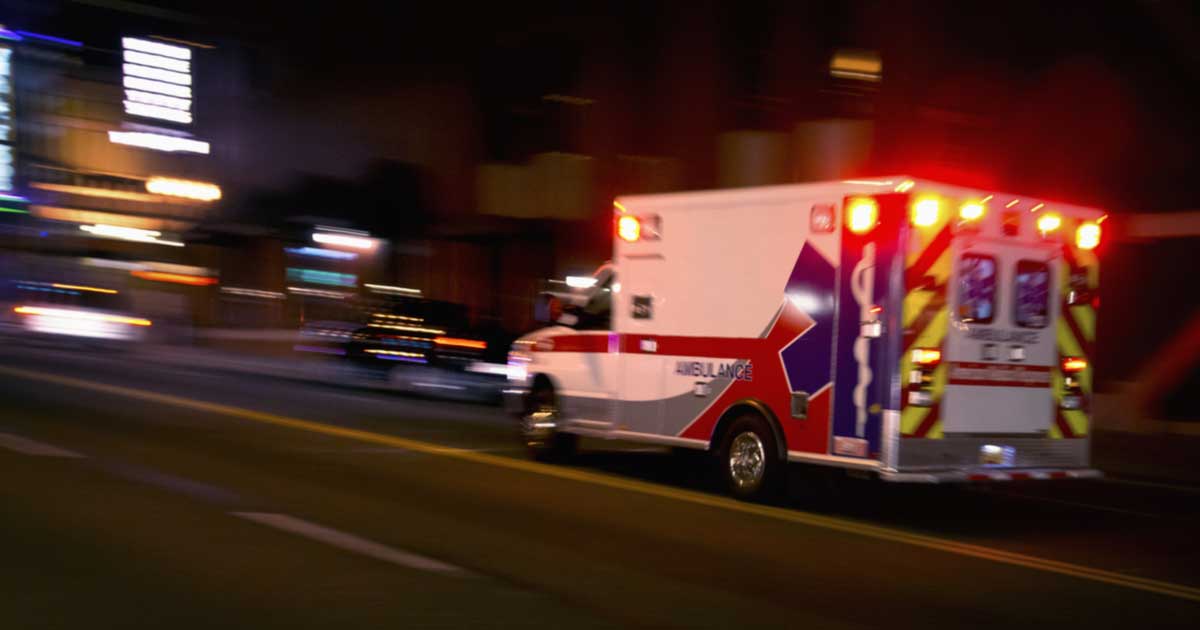
Helping First Responders Cope with Trauma
First responders frequently suffer a traumatic injury. Whether from a single event or the cumulative impact of several events over time, most first responders don’t realize or recognize the impact. How should first responders cope with trauma?
A necessary approach to their life-saving work is: Do first, feel later. When drawing a weapon, running into a burning building or treating victims of an accident, there’s no room for having normal human reactions. The constant deluge of tragedy eventually takes a toll. To keep the focus on the job, they sweep trauma under the rug, until there is no room left. One day it overflows.
Maladaptive Ways of Dealing with Trauma
The cumulative buildup of trauma may be expressed as a sudden outburst, breakdown or a sense of overwhelming. Often, there is a feeling of failure, guilt or shame. Without the right outlet for sharing or tools for dealing with emotions, it is not uncommon for first responders – just like every human who is silently suffering – to reach for something to numb the pain or put their attention elsewhere. A myriad of maladaptive and unhealthy behaviors can grow out of unrecognized trauma, including:
- Drinking or drug use
- Lying or stealing
- Compulsive sexual behavior (e.g., affairs or one night stands) or pornography use
- Overspending (e.g., using life savings for unnecessary items)
- Compulsive exercise beyond a healthy workout
- Overeating or not eating enough
- Gaming or gambling excessively
- Isolating, disconnecting from family and friends, or ceasing to communicate or relate
- Suicidal thoughts, planning or behavior
Here are a few approaches that can help first responders cope with trauma.
Recognize that Trauma is an Injury
- Much like a broken bone or back pain, trauma is an injury that needs to be addressed so first responders can perform well personally and professionally. Denial and avoidance can keep people stuck whereas awareness, education and understanding can open the doors to healing.
Talk to Someone.
Many first responders are hesitant to share their feelings due to fear of being seen as weak or endangering their career. They may be reluctant to talk with a professional, but they can talk to a spouse or friend. If that is not effective, there are workshops available that connect first responders with professionals who specialize in coping with complex ptsd so common among emergency personnel.
Learn Self-Regulation Tools.
Being able to first recognize the fight or flight condition and actively calm the mind and body is paramount. Without those initial steps, trauma keeps people stuck in a sense of impending danger, even when there is none. The key is to bring the body back to a state of relaxation, and into the present moment. One way to do this is to focus on the present so that the mind and body can learn to separate the memory of a past event and the present time. For example, notice:
- The room you’re in and the time on the clock
- How your body feels in its current position
- How your clothes feel on your body
- The temperature in the room
- How your breath feels on the inhale and exhale
A great phrase to remember is: The only thing happening to you right this minute is your memory.
Discover What Fills You Up.
In an effort to help everyone else, many first responders do not take time to give to themselves. They have to give themselves permission to seek enjoyment, to replenish their sense of joy, happiness and fulfillment. It could be a weekend away, reading a book or seeing a concert. Maybe it’s time with family, a spiritual pursuit or playing a sport. It doesn’t matter what fills them up as long as it restores a sense of being emotionally, mentally and physically replenished.
Laugh Whenever Possible.
“Laughter Prescription,” a 2009 article in Canadian Family Physician, reviewed results of numerous studies and found that laughter is effective as a mental health intervention. Laughter can decrease stress hormones and trigger the release of endorphins, which can bring a sense of well-being and relieve pain. While it may seem frivolous in the context of the work they do, it is important for first responders to take a break and decompress. The body and mind want and need that kind of physical and emotional enjoyment.
Get Treatment at Promises
Trauma exposure will always be part of a first responder’s work, and many have chosen this field (or more likely, the work chose them) because they like being in a protective role and to be of service in this way. But they have to remember to also incorporate things to help themselves so they can easily tap into their resilience and continue to help others.
First responders cope with trauma the same way everyone else does. That means that the first responders do need treatment. If you struggle with addiction as a result of your trauma, it’s time to get treatment. At Promises Behavioral Health, we treat trauma, PTSD, and a variety of addictions. The addiction treatments we offer include:
- men’s addiction treatment center
- women’s addiction treatment center
- heroin addiction treatment center
- alcohol addiction treatment center
- ptsd treatment center
If you’re ready to get treatment, we’re ready to help. We can help first responders cope with trauma. Don’t wait. Call 844.875.5609 today.
